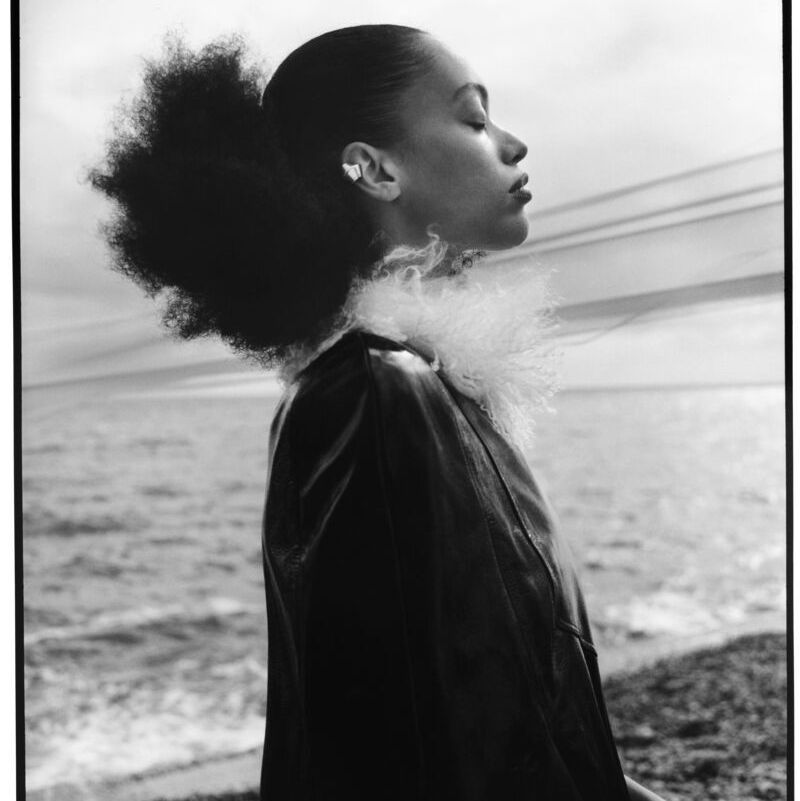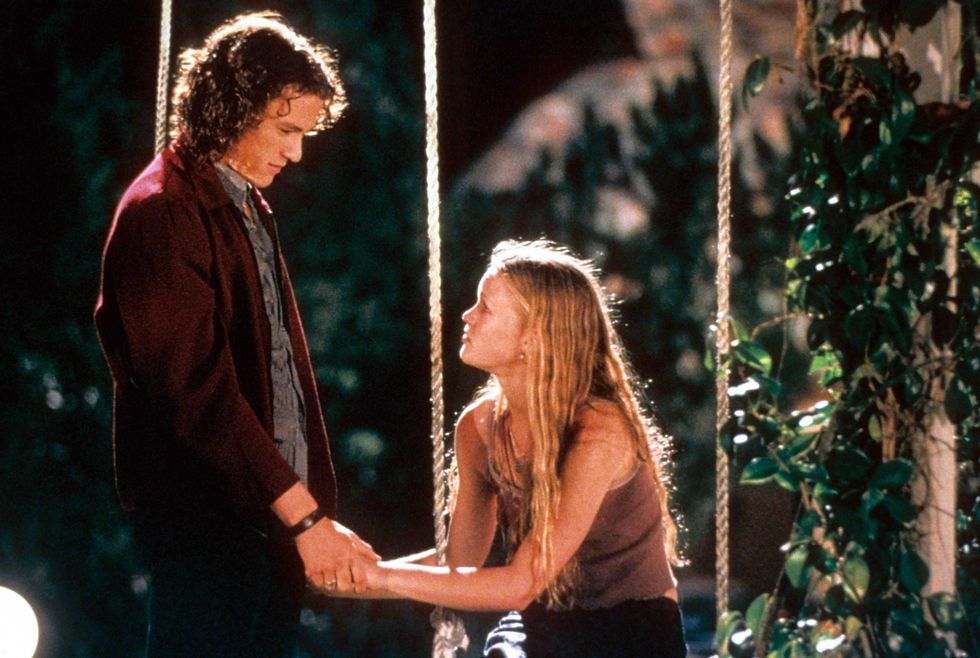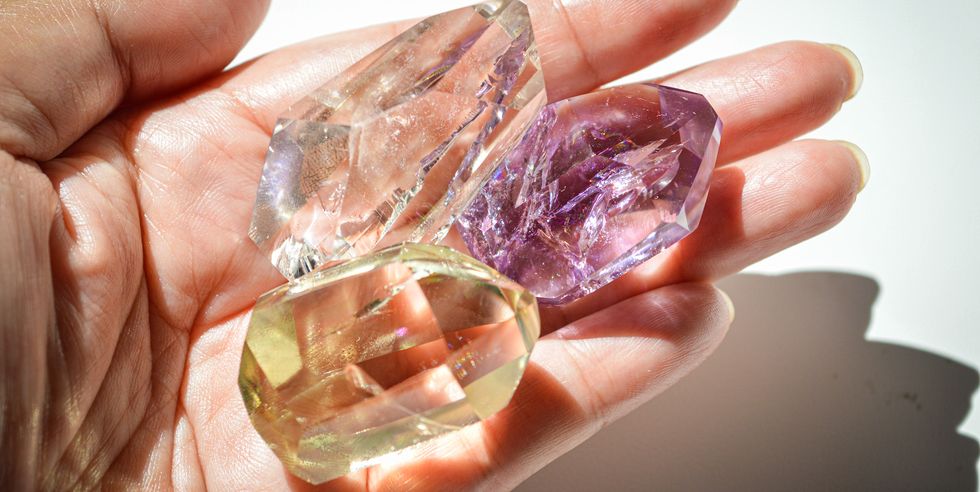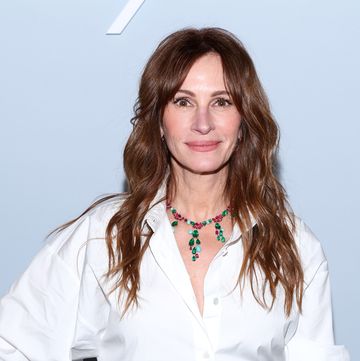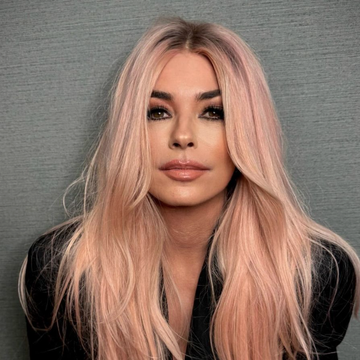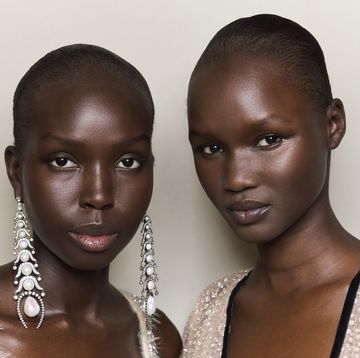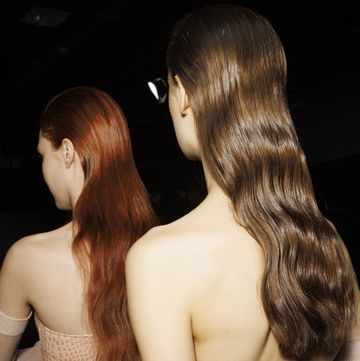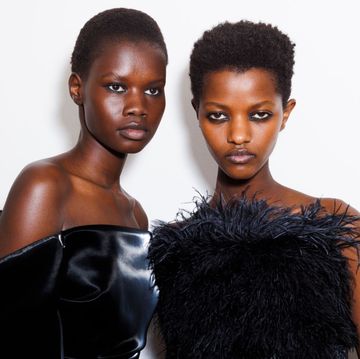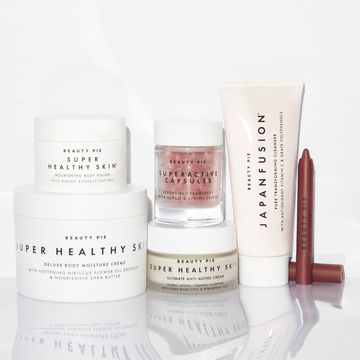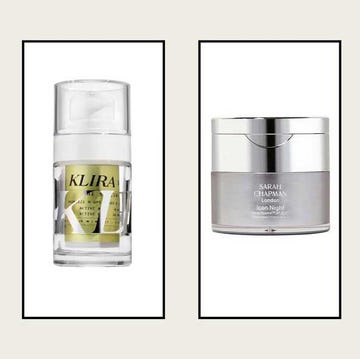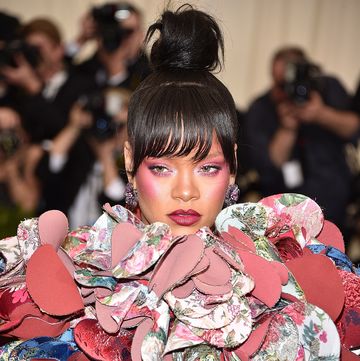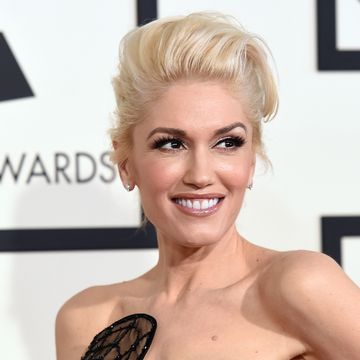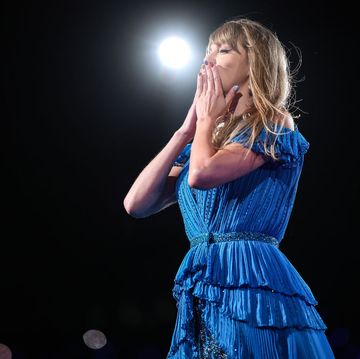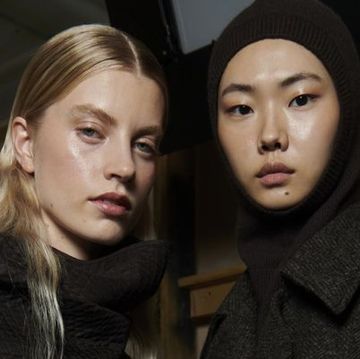When I was heartbroken in my twenties, I tried to heal it with all of the clichés. I cried into tubs of ice-cream with friends, watched Marriage Story on repeat, drank away my pain on nights out and tried to move on via rebounds. It didn’t exactly heal the hurt, but it distracted me from it and, eventually, enough time passed that I was able to start new relationships.
Until it happened again. This time, I was heartbroken in my thirties, devastated after being dumped by the man I thought I would marry. My friends dutifully came over with some ice-cream and promises of nights out – but, this time, I knew it wouldn’t work. Things had changed since my last break-up. The world was different, and so was I: I’d started teaching yoga, I’d had (more) therapy and, ironically, I had written a novel about a woman recovering from heartbreak by turning to self-love. It was time for me to practise what I preached.
The way I view heartbreak has completely changed in 2024. Gone are the Bridget Jones clichés – in their place are offerings ranging from psychology-based retreats to holistic treatments such as hypnotherapy and reiki, as well as break-up coaches who guide you through every single step. All of them are based on the same underlying principle: to take heartbreak seriously.
‘From the science perspective, there’s a greater understanding of how heartbreak can seriously affect us,’ says Florence Williams, author of Heartbreak: A Personal and Scientific Journey. ‘There are long-conserved systems in the brain for helping us prioritise the importance of relationships and attachment bonds. When those are broken, our brains really do initiate a bit of a freak-out for us, physically and emotionally.’
That ‘freak-out’ looks different for everyone. Most people’s immune systems are affected, taking around four years after a break-up to return to baseline. But for 10 to 15% of people, heartbreak can be more physically challenging, sometimes leading to chronic disease. And co-regulation, where our respiration and heart rates change to match a partner’s during a long-term relationship, means some people’s bodies can go into a state of extreme shock when that relationship suddenly ends.
FIND OUT MORE ON ELLE COLLECTIVE
‘It can be emotionally traumatic,’ says Williams, who experienced it six years ago, at 50, when her partner of 32 years unexpectedly ended their relationship. Her health suffered as she was diagnosed with an autoimmune disease and experienced anxiety, sleeplessness, weight loss and fear about her future.
It inspired her to learn about recovering from heartbreak, discovering things like microdosing on awe – a daily practice of noticing beauty around you that can lead to less anxiety and more optimism in just four weeks – as well as the healing power of solo trips, nature and community.
‘It’s important to do things to get your body out of fight-and-flight, like breathing, yoga or nature,’ she explains. ‘Build a sense of safety through others in your life. Find role models who thrived after heartbreak. Try to find a sense of meaning in your pain and loss. And know there are people who can help. Keep talking about it.’
This is why psychologist Alice Haddon co-founded the Heartbreak Hotel, a four-day retreat in the UK. ‘It’s therapy delivered in a completely different way,’ she says. ‘When you’re really heartbroken, you’re fragile and vulnerable and, a bit like with bodily trauma, you need to be cared for. I wanted to create a space where women can get looked after while they’re having therapy to put themselves back together.’
The retreat is tech- and alcohol-free, so people are forced to sit with their feelings instead of numbing them. Haddon has detailed its practices in Finding Your Self at the Heartbreak Hotel, explaining: ‘The main thing we do is to help women re-narrate their stories, often from childhood, to show them they are enough. And they always were. We find that women feel 79% more empowered afterwards, not because the heartbreak has gone away, but because we’ve changed their perspective on it.’
That was exactly what shifted my own thinking. For months, I fell asleep every night listening to self-love affirmations by Louise Hay, reminding myself of my worth. I refused to let myself fall into narratives about how he hadn’t chosen me. Instead, with the help of Instagram relationship coaches like Jillian Turecki, my mantra became: ‘He’s not available. I am enough.’
I decided not to drink or date until I was truly healed, instead leaning into self-care and holistic treatments, like those offered by Vickie Biggs. She combines massage, reiki and aromatherapy to help heal grief. ‘Often, people are missing touch and want to be held,’ she explains. ‘The power of informed touch releases oxytocin, serotonin and dopamine, which lowers cortisol.’
But it was her energetic healing – using reiki, crystals and bespoke oils like rose for self-love and frankincense for reducing anxiety – that brought me a sense of peace and hope. It’s why she’s seen a huge rise in clients turning to holistic treatments after break-ups: ‘They offer a non-verbal way to process big feelings in a loving and safe space.’
The old ways I’d dealt with relationship splits meant I’d never really felt my feelings – and they’d never really left. So this time, I made sure I embraced them, whether it was sobbing to myself in shavasana during yoga, or doing Buddhist Tonglen meditations (these involve breathing in my pain and that of others, and breathing out relief for myself and all beings, which I did with the help of Pema Chödrön’s When Things Fall Apart, a story of the Buddhist nun’s own journey through heartbreak).
Slowly, I let go of the grief, insecurities and fears that were arising from the end of this relationship – as well as all the past ones I’d never truly let go of. It wasn’t easy. But I learned the same lesson Haddon teaches her clients: ‘When you let yourself feel your feelings, they build to a peak, but after that they diminish. It’s all a flow. But when we resist it, we don’t learn that those feelings do fade.’
Two years on, my heart has fully healed, and I’ve even found love again. But, most importantly, I’ve discovered a deep self-love within myself that no partner or break-up can ever change. It means I no longer live in fear of another round of heart- break, because, this time, I know I have all the tools to get through it.
Radhika Sanghani is the author of ‘Thirty Things I Love About Myself’
ELLE Collective is a new community of fashion, beauty and culture lovers. For access to exclusive content, events, inspiring advice from our Editors and industry experts, as well the opportunity to meet designers, thought-leaders and stylists, become a member today HERE.
